Title: Armoured Cable vs Flexible Cable: Making the Right Choice for Your Business Introduction: In any business, electrical wiring plays a vital role in ensuring smooth operations and providing a safe environment. When it comes to cable selection, two popular options stand out: armoured cable and flexible cable. Both have unique qualities and applications that make them suitable for different scenarios. In this article, we will compare and contrast armoured cable and flexible cable, discussing their features, benefits, and considerations to help you make an informed decision for your business. Armoured Cable: Armoured cable, also known as armored or SWA (Steel Wire Armoured) cable, is renowned for its superior protection against external hazards. It consists of multiple layers: an inner conductor, insulation, armor, and an outer sheath. The armor layer is typically made from galvanized steel, providing robust protection against mechanical damage, water, and UV radiation. Armoured cables are commonly used in outdoor and underground applications, such as power distribution, construction sites, and industrial facilities. Benefits of Armoured Cable: 1. Enhanced Mechanical Protection: The steel armor protects the cable against physical damage or accidental impacts, ensuring durability and longevity.
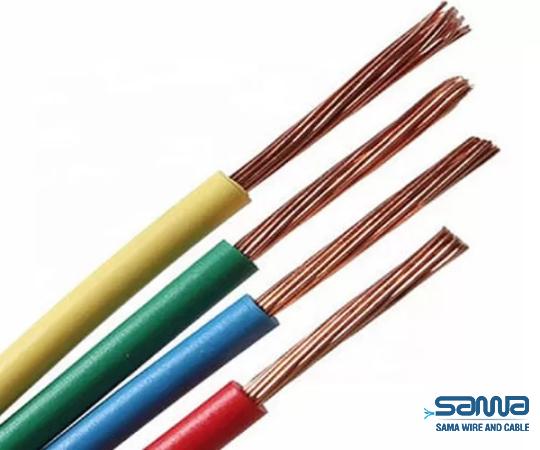
.
 2. Resistance to Environmental Factors: Armoured cables have excellent resistance to moisture, sunlight, chemicals, and extreme temperatures, making them suitable for harsh environments. 3. Lower Risk of Electromagnetic Interference (EMI): The armor layer acts as a barrier against EMI, reducing potential interference with other electrical equipment and improving signal quality. 4. Additional Safety: The protective armor offers an extra layer of safety, preventing accidental cutting or piercing of the cable insulation. Considerations for Armoured Cable: 1. Limited Flexibility: Due to the stiff nature of the armor layer, armoured cables are less flexible compared to their counterparts. 2. Installation Complexity: The thickness and weight of armoured cables require specialized equipment and expertise during installation, potentially increasing installation costs. Flexible Cable: Flexible cables, as the name suggests, offer greater flexibility, making them suitable for applications that require frequent bending or movement.
2. Resistance to Environmental Factors: Armoured cables have excellent resistance to moisture, sunlight, chemicals, and extreme temperatures, making them suitable for harsh environments. 3. Lower Risk of Electromagnetic Interference (EMI): The armor layer acts as a barrier against EMI, reducing potential interference with other electrical equipment and improving signal quality. 4. Additional Safety: The protective armor offers an extra layer of safety, preventing accidental cutting or piercing of the cable insulation. Considerations for Armoured Cable: 1. Limited Flexibility: Due to the stiff nature of the armor layer, armoured cables are less flexible compared to their counterparts. 2. Installation Complexity: The thickness and weight of armoured cables require specialized equipment and expertise during installation, potentially increasing installation costs. Flexible Cable: Flexible cables, as the name suggests, offer greater flexibility, making them suitable for applications that require frequent bending or movement.
..
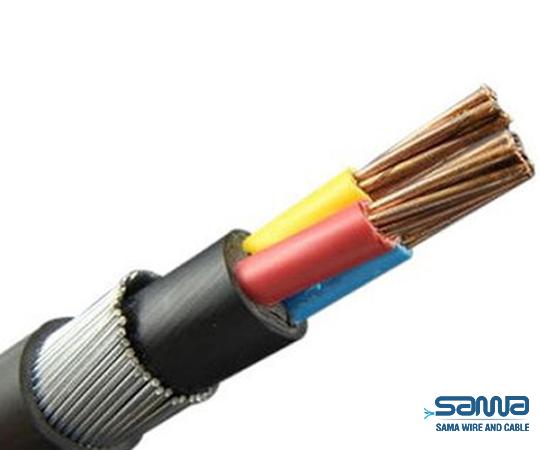 They are commonly used in portable equipment, electrical appliances, and situations where mobility is essential. Flexible cable constructions often feature multiple conductors, insulation, and an outer sheath designed to withstand bending stresses. Benefits of Flexible Cable: 1. Bendability: The inherent flexibility of the cable allows it to be easily routed through tight spaces, making it ideal for installations that require frequent movement or repositioning. 2. Ease of Installation: The lightweight and pliable nature of flexible cables simplify installation and reduce labor costs. 3. Versatility: Flexible cables are available in various configurations, including multi-core options, allowing for diverse applications. Considerations for Flexible Cable: 1. Limited Mechanical Protection: Compared to armoured cables, flexible cables have a lower level of mechanical protection, making them vulnerable to damage from external factors. 2. Environmental Limitations: Flexible cables may not perform well in extreme temperature conditions or high-humidity environments, and they may be less resistant to chemicals and UV radiation.
They are commonly used in portable equipment, electrical appliances, and situations where mobility is essential. Flexible cable constructions often feature multiple conductors, insulation, and an outer sheath designed to withstand bending stresses. Benefits of Flexible Cable: 1. Bendability: The inherent flexibility of the cable allows it to be easily routed through tight spaces, making it ideal for installations that require frequent movement or repositioning. 2. Ease of Installation: The lightweight and pliable nature of flexible cables simplify installation and reduce labor costs. 3. Versatility: Flexible cables are available in various configurations, including multi-core options, allowing for diverse applications. Considerations for Flexible Cable: 1. Limited Mechanical Protection: Compared to armoured cables, flexible cables have a lower level of mechanical protection, making them vulnerable to damage from external factors. 2. Environmental Limitations: Flexible cables may not perform well in extreme temperature conditions or high-humidity environments, and they may be less resistant to chemicals and UV radiation.
…
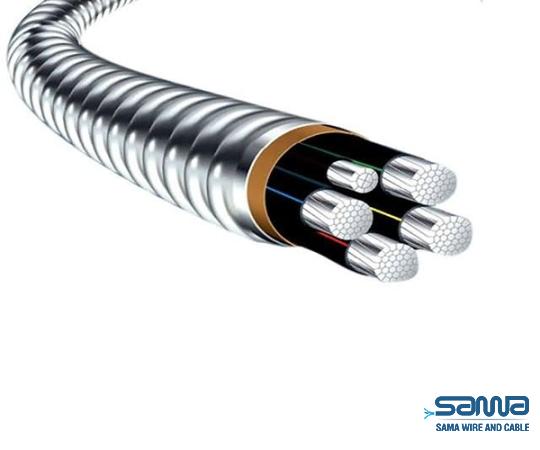 3. Increased EMI Risk: Due to the absence of an armor layer, flexible cables are more susceptible to electromagnetic interference, potentially affecting neighboring electronic devices. Choosing the Right Cable: Selecting the appropriate cable depends on the specific requirements of your business. When deciding between armoured cable and flexible cable, consider factors such as the environment, expected cable movement, mechanical protection needs, and budget constraints. Consulting a professional electrician or cable specialist can provide valuable guidance to ensure you make an informed decision aligned with your business’s unique needs. Conclusion: Armoured cable and flexible cable are distinct solutions for electrical wiring, each catering to different demands. Armoured cables provide robust mechanical protection and are ideal for outdoor and underground applications, while flexible cables offer enhanced flexibility for applications that require constant movement. By carefully assessing your business requirements and considering the respective benefits and considerations, you can choose the most suitable cable type to ensure reliable and safe electrical installations.
3. Increased EMI Risk: Due to the absence of an armor layer, flexible cables are more susceptible to electromagnetic interference, potentially affecting neighboring electronic devices. Choosing the Right Cable: Selecting the appropriate cable depends on the specific requirements of your business. When deciding between armoured cable and flexible cable, consider factors such as the environment, expected cable movement, mechanical protection needs, and budget constraints. Consulting a professional electrician or cable specialist can provide valuable guidance to ensure you make an informed decision aligned with your business’s unique needs. Conclusion: Armoured cable and flexible cable are distinct solutions for electrical wiring, each catering to different demands. Armoured cables provide robust mechanical protection and are ideal for outdoor and underground applications, while flexible cables offer enhanced flexibility for applications that require constant movement. By carefully assessing your business requirements and considering the respective benefits and considerations, you can choose the most suitable cable type to ensure reliable and safe electrical installations.
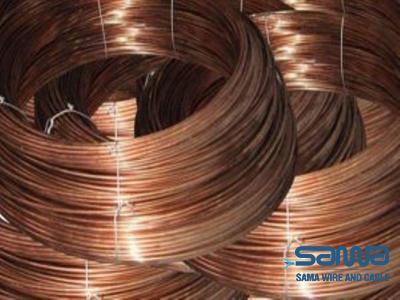
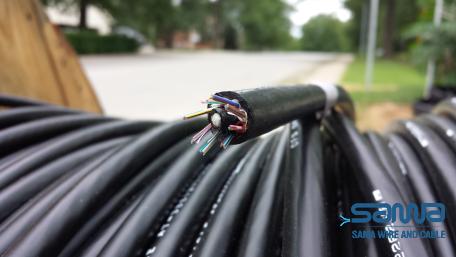
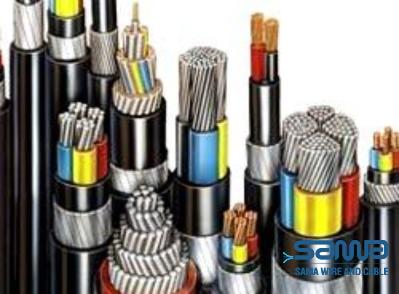

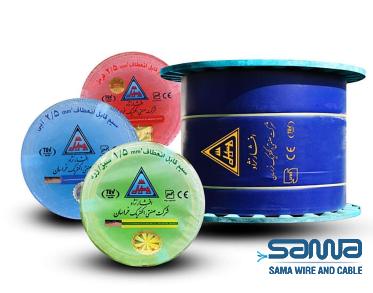
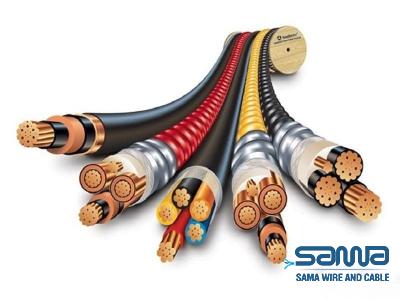
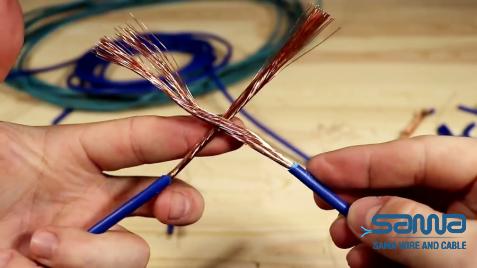
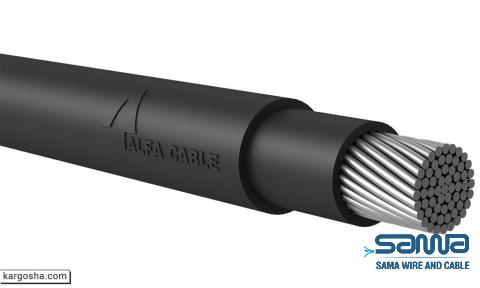
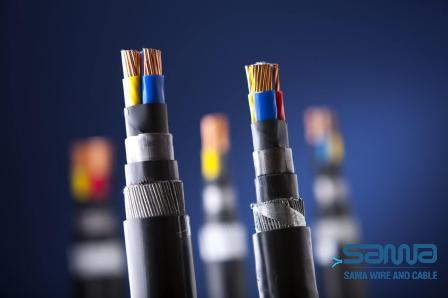
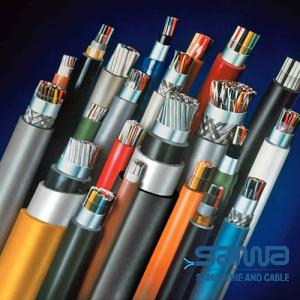
Your comment submitted.